- Overview
- MASLD and MASH
- Tests & Diagnosis
- Treatment and Prevention
- Complications
- Appointment Prep
- View Full Guide
How to Keep Your Liver Healthy



Drink Coffee
People who drink a few cups of coffee a day may be less likely to get liver diseases including cancer and scarring (fibrosis, cirrhosis). It might even slow those conditions in some people who have them. Filtered, instant, and espresso all seem to work. Still, helpful as coffee may be, it can’t take the place of a balanced diet, a healthy weight, plenty of water, and regular exercise for a healthy liver.
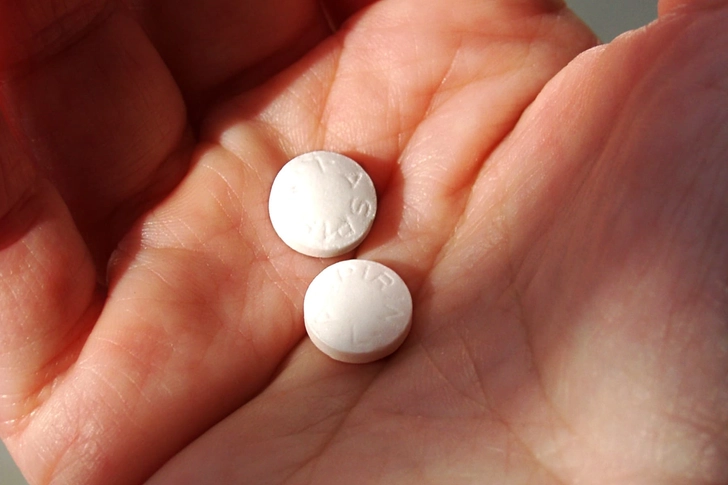
Don’t Overdo Acetaminophen
It’s in more than 600 meds, including many cold and flu drugs. The maximum recommended dose of acetaminophen for adults is 4,000 milligrams per day. More could hurt your liver. Try not to take more than one product with acetaminophen per day, and never take more than what the package instructions recommend.
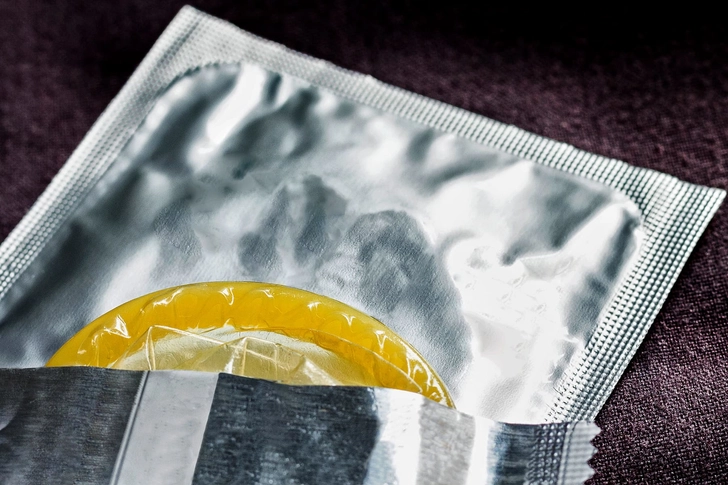
Practice Safe Sex
You want to protect yourself and your partner from conditions that can spread through sex, including many that could eventually hurt your liver. Hepatitis C infects your liver directly and can do serious harm over time. Most people don’t notice they have hepatitis C until many years later, when much damage has been done. Your doctor can test to see if you have hepatitis C or other health conditions.

Take Your Meds Right
Though acetaminophen is the most common medication that can harm your liver, other meds can do that, too. Especially if you don’t take them as directed. It may also depend on your genes, other prescriptions, and your food. Speak to your doctor if you’re tired, nauseous, or itchy. or you notice yellowish skin or eyes (jaundice) after you start a new medicine. Statins for high cholesterol and certain antibiotics (amoxicillin, clindamycin, erythromycin) are some examples.
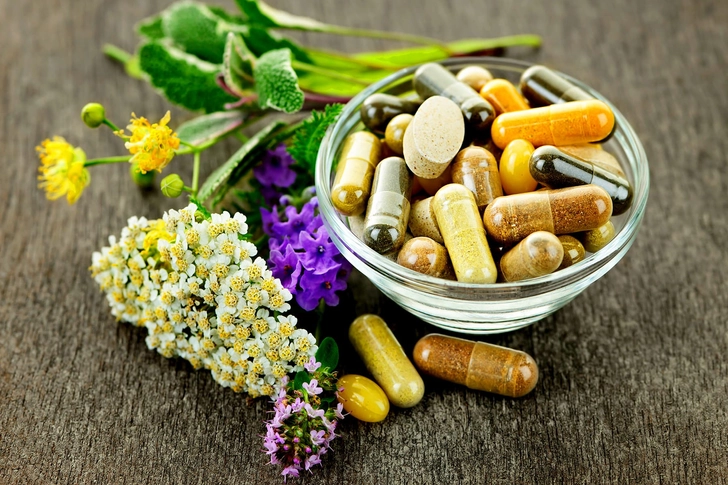
Check on Your Supplements
They cause almost a quarter of all liver damage. Herbs like borage, comfrey, groomwell, and coltsfoot have “pyrrolizidine alkaloids” that can gum up the tiny blood vessels inside your liver, either over time or all at once (if you take a lot). Other herbs like Atractylis gummifera, celandine, chaparral, germander, and pennyroyal oil (used in tea) can also cause liver problems. Check with your doctor before starting any supplement. Stop taking supplements right away and contact your doctor if you have side effects including extreme tiredness, swelling joints, abdominal discomfort, or back pain.
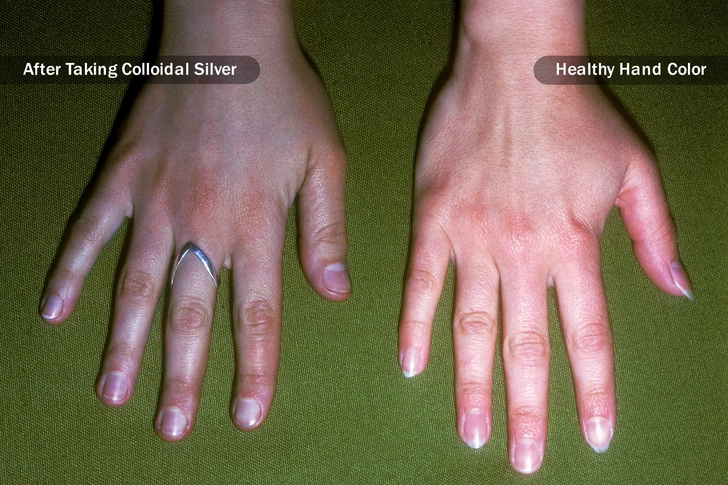
Watch Out for Herbal Liver Remedies
Common liver remedies like milk thistle, turmeric, and astragalus don't have much research behind them. Colloidal silver, sometimes used (with little scientific support) for hepatitis C, can be dangerous and cause irreversible side effects, like turning your skin blue. Tell your doctor about all pills, herbs, and supplements you take. First, to check on the safety of each one, but also because of how they might interact with each other. Don't swap your meds for herbal remedies or take herbal remedies without first checking with your doctor. No herbal remedies are FDA-approved.

Drink Only in Moderation
When you drink, your liver stops doing other things so it can break down the alcohol and remove it from your blood. If you overdo it -- more than a drink a day for women, two a day for men -- it’s really hard on your liver and could hurt it. Over time, this often leads to “fatty liver,” an early sign of disease. It also might cause bad bacteria to grow in your gut that can travel to your liver and cause damage. Most experts agree there's no safe amount of alcohol consumption.
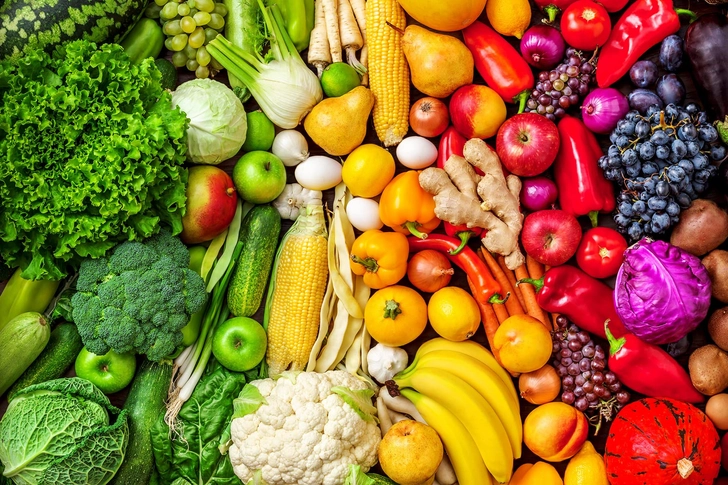
Eat the Rainbow
That means fruits and vegetables from all the colors of the rainbow, which helps ensure you get all the nutrients and fiber you need. Avoid refined carbs, like doughnuts and white bread, in favor of whole-grain rice, breads, and cereals. A bit of meat, dairy, and fat can also help. But don't eat too much of them. Look for “good” (monounsaturated, polyunsaturated) fats from seeds, nuts, fish, and vegetable oils. Also limit your intake of sugars and processed foods. They can lead to fat deposits around your liver and cause metabolic dysfunction-associated steatotic liver disease (MASLD). That's a chronic liver disease previously known as non-alcoholic fatty liver disease (NAFLD).
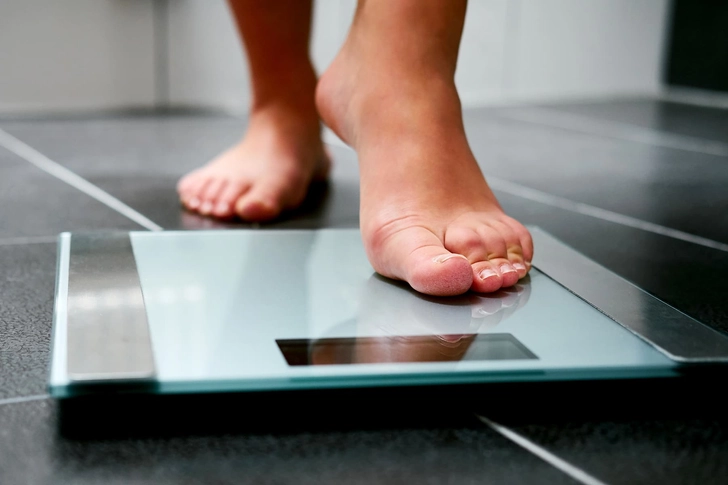
Keep a Healthy Body Weight
That means working to keep a body mass index (BMI) between 18 and 25. There are online tools to help you figure out your number. Exercise and a well-balanced diet are the best ways to help maintain a healthy weight and lower your chances of MASLD. Your doctor can help you set a weight goal that will help keep your whole body well over the long term.
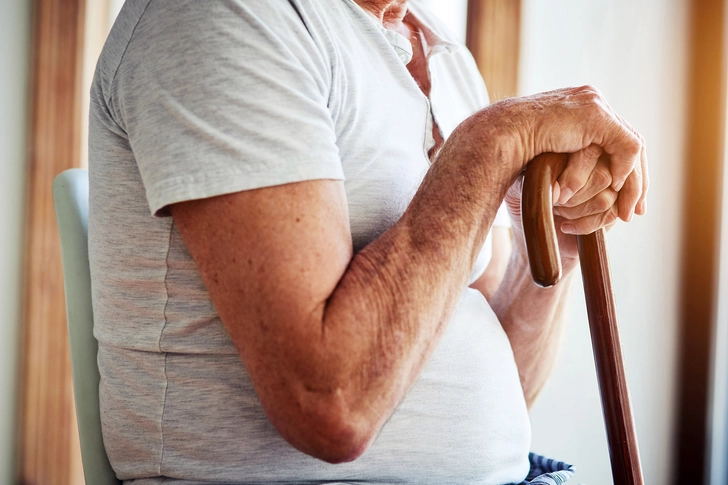
Keep a Healthy Body Composition
Skinny fat, also known as sarcopenic obesity, can cause serious health risks even if your BMI falls within the "normal" range. This condition refers to having a high body fat percentage combined with low muscle mass, which increases your risk of metabolic issues, including MASLD and metabolic dysfunction-associated steatohepatitis (MASH). By focusing on your body composition rather than just weight, you can help protect your liver and overall metabolic health.
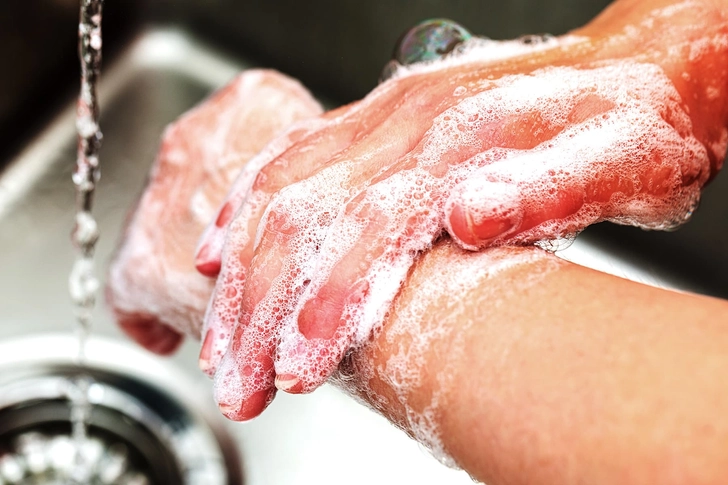
Wash Your Hands
It’s a simple, easy way to keep germs away that could infect your liver. Just a little soap and warm water will do. It’s especially important right before you prepare food and right after you change a diaper or go to the bathroom. You can spread hepatitis A in particular when you touch food or drink with contaminated hands.
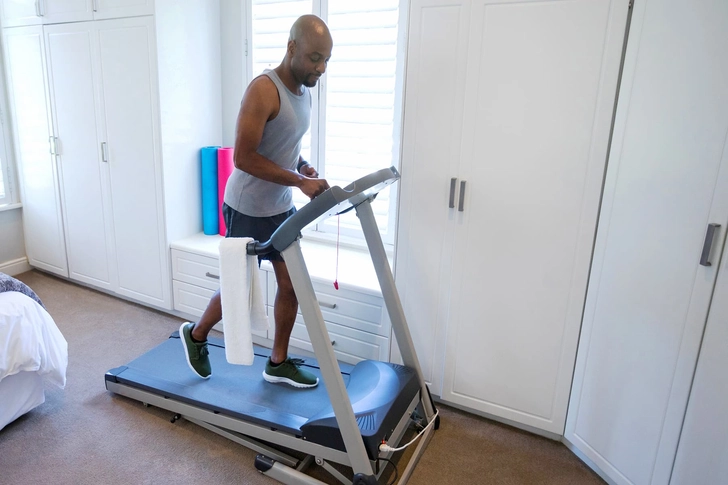
Stay Active
It can help keep your BMI at the right level, which can protect you against numerous health issues, including MASLD. But even if your BMI doesn’t change, exercise and other ways of staying active are likely to help. Why? Because being active improves how your insulin works and burns triglycerides, a type of fat in your blood. Taking the stairs, walking your dog, and standing while working at your desk are among many ways to stay active aside from formal exercise.
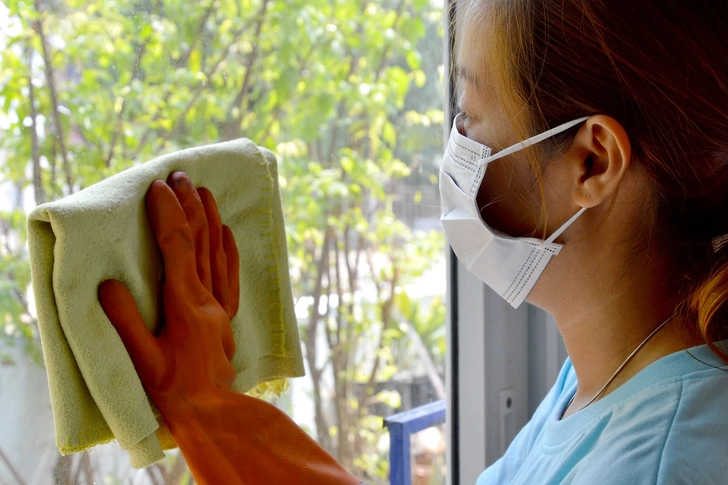
Avoid Toxins
These might be chemicals in cleaning products, spray cans, insecticides, and other household items. They could hurt cells in your liver if you touch, absorb, or breathe in too much of them. You can protect yourself if you wear a mask and goggles and open the windows when you use them.
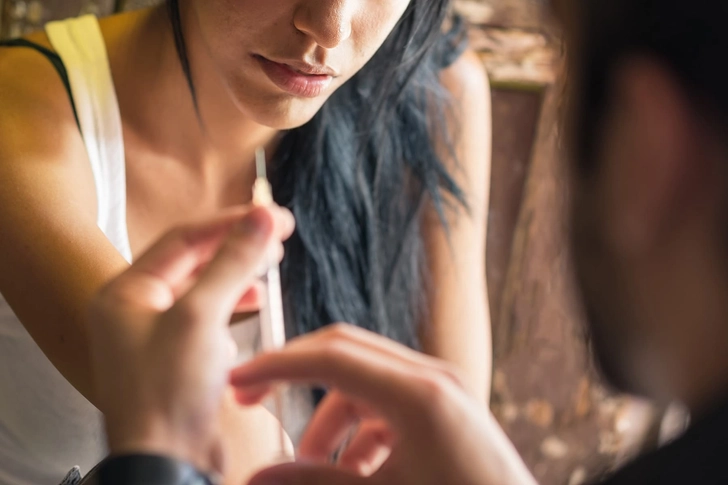
Watch Out for Needle Risks
If you or someone you know has ever injected illegal drugs, you should get tested for hepatitis C, which can spread through blood. The same is true if you’ve had an accidental needle stick. A blood test can let you know if you’ve ever had the hepatitis C virus. Even if you have no known risk factors, you should get tested for hepatitis C at least once in your life
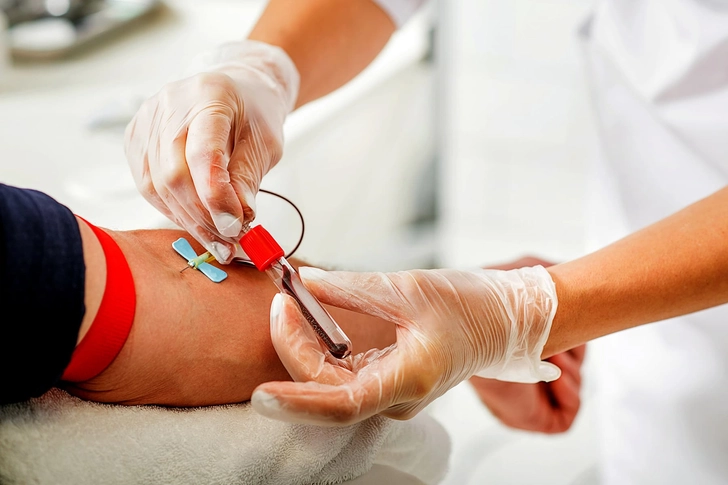
Check for Liver Damage
It’s especially important for your doctor to do this if you drink heavily or have a family history of liver disease. Early treatment helps, and you might not have symptoms at first. It's also a good idea to have your blood sugar and cholesterol screened, as high levels of those can be risk factors for MASLD.
You should get tested for liver damage if you’re more likely to have hepatitis C. This includes anyone who:
- Is pregnant
- Is over age 18
- Is on hemodialysis
- Has HIV
- Ever used injectable illegal drugs
- Was stuck by an infected needle
- Had a blood transfusion or received an organ transplant before 1992
- Received blood-clotting factor concentrates made before 1987
- Has had an abnormal liver test or liver disease
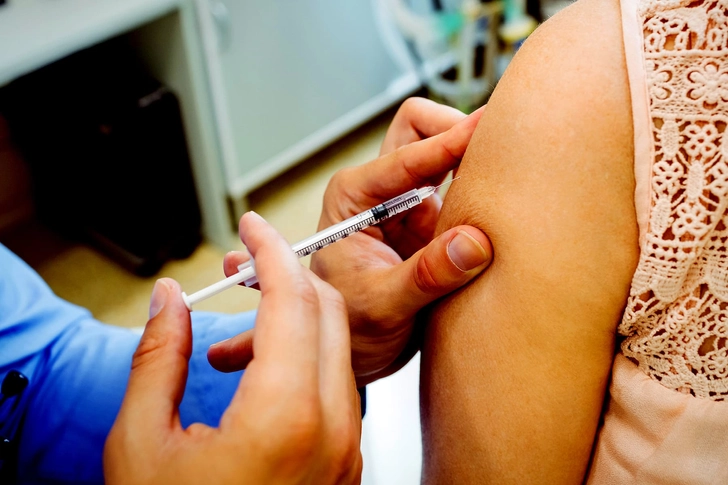
Get Vaccinated
You can get vaccinated against hepatitis A and hepatitis B, but not for hepatitis C. A lot of kids have been vaccinated, but many adults haven’t. Talk to your doctor about whether you need it. Getting vaccinated might be important if your immune system is weak or your liver already shows some damage.
IMAGES PROVIDED BY:
1. iStock/Getty Images
2. iStock/Getty Images
3. iStock/Getty Images
4. iStock/Getty Images
5. iStock/Getty Images
6. ISM/CID/Science Source
7. iStock/Getty Images
8. iStock/Getty Images
9. iStock/Getty Images
10. E+/Getty Images
11. iStock/Getty Images
12. iStock/Getty Images
13. iStock/Getty Images
14. iStock/Getty Images
15. iStock/Getty Images
16. iStock/Getty Images
SOURCES:
World Journal of Hepatology: “Coffee: The magical bean for liver disease.”
American Liver Foundation: “13 Tips On How to Have a Healthy Liver.”
British Liver Trust: “Coffee and the Liver.”
CDC: “Viral Hepatitis,” “Alcohol and Public Health," "Hepatitis C."
Cleveland Clinic: “6 Surprising Ways Alcohol Affects Your Health — Not Just Your Liver.”
Consumer Reports: “How to Keep Your Liver Healthy.”
Gene Expression: The Journal of Liver Research: “The Effects of Physical Exercise on Fatty Liver Disease.”
Johns Hopkins Medicine: “5 Ways to Be Kind to Your Liver,”“Detoxing Your Liver: Fact Versus Fiction.”
Mayo Clinic: “Cirrhosis.”
FDA: “Don't Double Up on Acetaminophen.”
Merck Manual: “Liver Injury Caused by Drugs.”
National Center for Complementary and Integrative Health: “Turmeric,” “Milk Thistle,” “Astragalus,” “Hepatitis C and Dietary Supplements.”